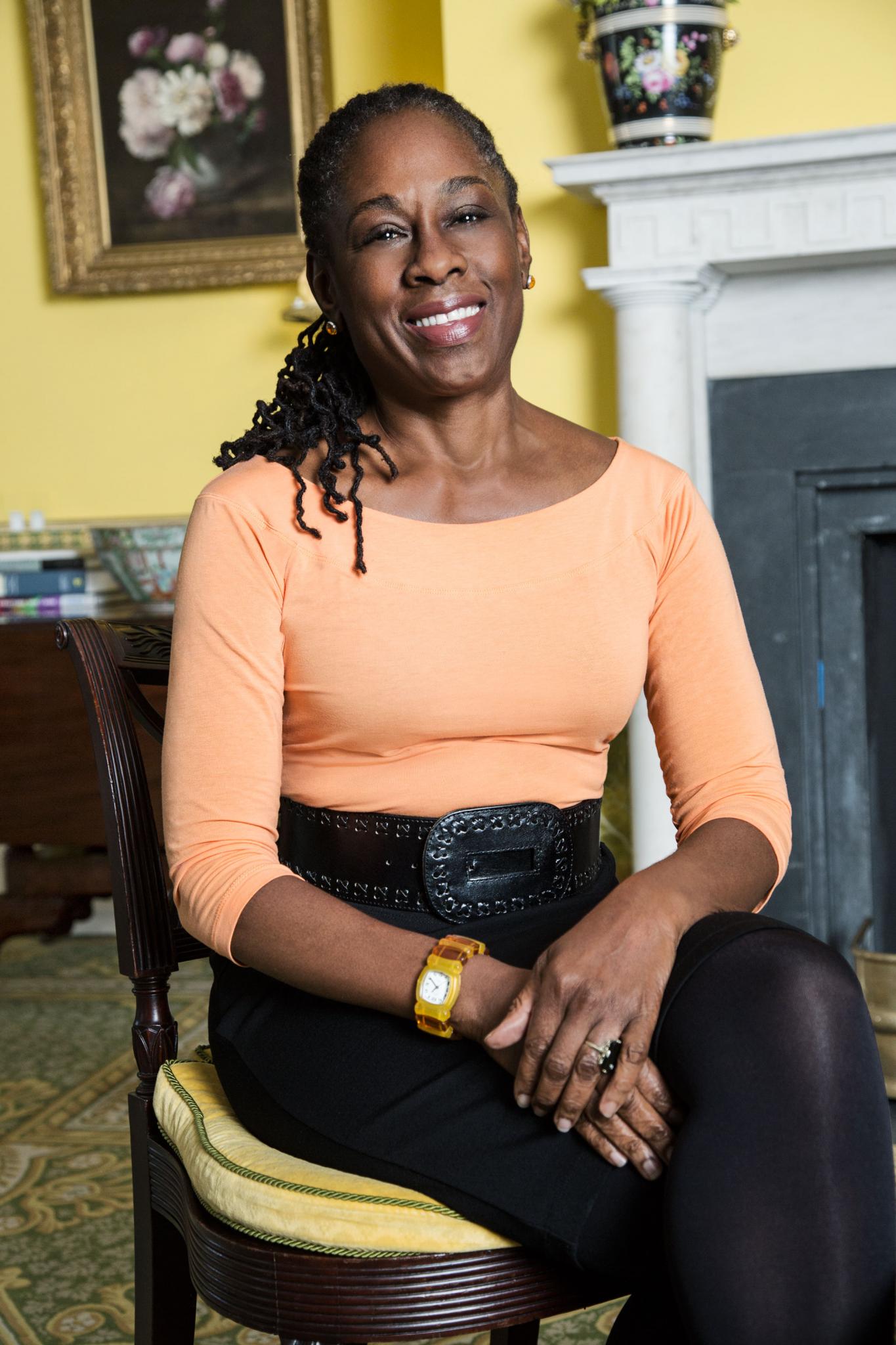
This month, ESSENCE kicks off part one of our special report on a taboo topic: mental health within our community. The psychological stressors of poverty, police brutality and civil unrest wear on us daily. In fact, African-Americans are 20 percent more likely than Whites to suffer from psychological distress, according to the U.S. Department of Health and Human Services.
Yet we are often wary of acknowledging these stressors and seeking help. A recent study found that depression was the most common mental illness among African-Americans, but most were not very open to acknowledging psychological problems and are extremely concerned about the stigma associated with mental illness. New York City first lady Chirlane McCray is on a crusade to change these facts. Using her own family’s experiences as a guiding light, McCray is spearheading a ground-breaking initiative to remove the stigma surrounding mental illness and bridge gaps with programs that can help. ESSENCE Editor-in-Chief Vanessa De Luca recently spoke with McCray about what it will take for this disease to stop being a secret shame in the Black community.
ESSENCE: What inspired you to create a program focused on mental health and wellness?
NYC First Lady Chirlane McCray: It’s an issue that’s close to my heart. My parents suffered from depression, so I’ve had many experiences throughout my life. When our daughter, Chiara de Blasio, was diagnosed with anxiety and depression, it all clicked. Going through the process with her, I understood how difficult it is to get proper treatment. And I -realized a lot of possibilities are out there, but they can be hard to access and navigate.
ESSENCE: What surprised you in your quest for information?
McCray: At events and talks I’d ask who had been affected by mental illness. It shows me that it touches people in every family, every borough. It surprised me how common it was. I learned that one in five people is affected in our communities. I was also surprised when I asked folks in the budget office how much we spend on mental health initiatives. Someone who worked in the office for 30 years told me no one had ever asked that question. No one had connected the dots. No one had seen it as one coherent program of action. Once I learned how many of us are affected, I knew we had to do something big. Thrive NYC is a collection of 54 programs, spending nearly $1 billion. It is comprehensive and connects every agency and every stage of life. We plan to train 250,000 New Yorkers—including clergy—in mental health first aid to recognize the signs and symptoms, and know how to respond and how to get people treatment. We also plan to teach social–emotional learning to students in about 90,000 pre-K programs and early learning sites, and we will provide every New York City public school with a mental health consultant who can support the school in emergency cases and create curricula. Last we will screen and treat all pregnant women and new mothers in New York City for maternal depression. This will all help transform our ability to discuss depression.
ESSENCE: What initiative are you most excited about?
McCray: Act early is one of the most important principles. If you can get to kids who are carrying trauma to school, you will remove obstacles to learning. There’s not a day you’re not carrying with you whatever happened at home. Children who act out are crying out for help. If we train teachers in social and emotional learning, they can identify kids who are having trouble and teach all children coping skills, -impulse control and good decision making. These skills can be taught. Our focus on maternal depression is also important. We can screen moms for it and offer a range of treatments—group or online therapy and medication—for maternal depression so that moms can attach to their child properly and get that emotional foundation.
ESSENCE: This is great. What will it take for people to step past stigma and use these resources?
McCray: There’s stigma in every community, and it’s even greater when people don’t know that mental health is treatable, and don’t understand that it’s a part of every community and every stage of life. Until recently, we did not have the science and research to help us know what is wrong. Depression is harder to diagnose than a broken leg. Now we have the knowledge that these illnesses are treatable.
ESSENCE: Why do you think the Black community has a discomfort with mental illness, and how can we overcome this?
McCray: In my family there is a stigma around medication. Taking medication is not an act of weakness. It’s only one part of any solution. There are a range of treatments—peer counseling, apps even, to help others. It’s partly our tradition as Black people to believe we have to be strong as a minority. If you’re not strong, then it will be bad not just for you but also the entire family. It’s about changing the culture. To get people to solutions, we have to feel comfortable talking about mental health.
This story appears in the April issue of ESSENCE Magazine, on newstands now.